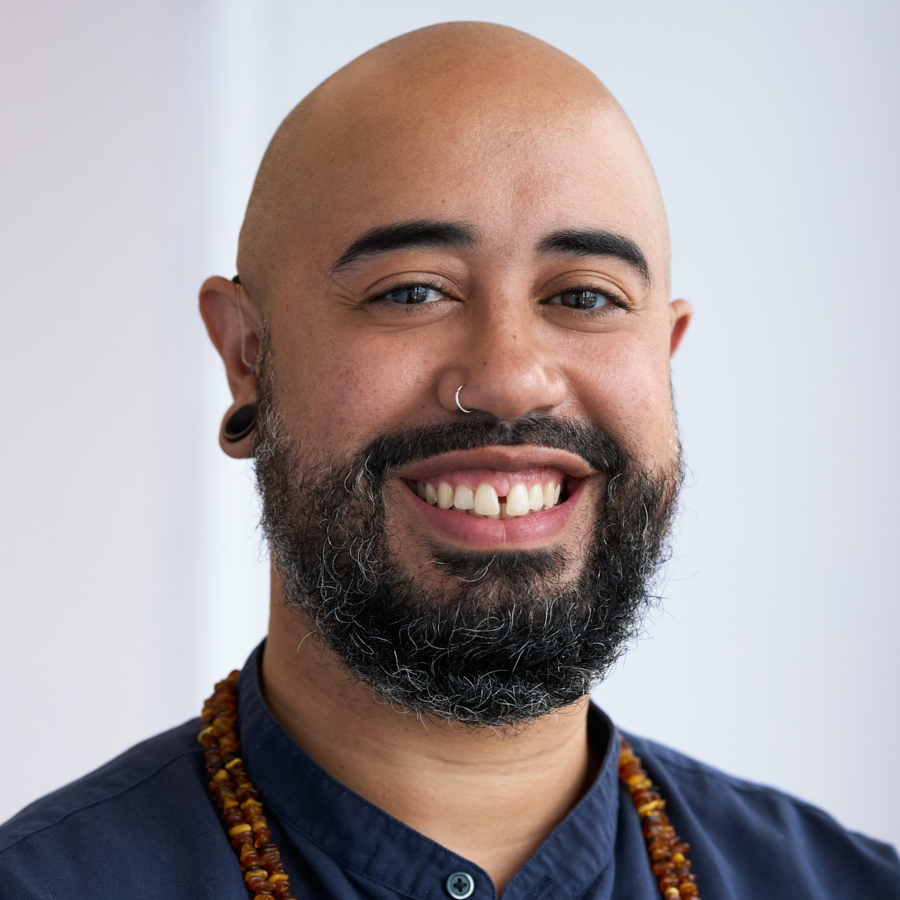Queer and Trans Research Lab Faculty Fellowships
Applications Now Open – Deadline February 6, 2026
The Martha McCain Faculty Fellowship Program 2026-2027
The Queer and Trans Research Lab (QTRL) is pleased to invite applications for the Martha McCain Research Fellowship Program. This fellowship program provides one Twelve-Month Faculty Research Fellowship, with replacement funds to the Fellow’s home unit, allowing for a full year of course release for the successful candidate. In addition, the fellow is provided with a $5000.00 research budget and a Graduate Student Research Assistant. For the 2026-27 academic year there will only be one fellowship offered.
For application details and more information, see attached posting here.
2025-26

Qui Alexander (they/them) is an Assistant Professor of Gender, Sexuality and Trans Studies in Curriculum and Pedagogy in the Department of Curriculum, Teaching and Learning at OISE. Their research focuses on Black trans studies, abolition & transformative justice, and education outside of formal school contexts. Grounded in their experiences as a community organizer, Alexander views their scholarship as a place to articulate the cultural work they do in relation to their communities. During the faculty fellowship, Alexander will conduct research for their project entitled Black Trans Educators Coming into Critical Consciousness. This study aims to understand 1) how Black trans educators come into critical consciousness about their ways of knowing and 2) how these ways of knowing impact their work for educational justice. These questions will be explored through curating and facilitating two multi-day, residential, knowledge co-creation spaces for Black trans educators in both the US and Canada. Moving beyond Black trans people as objects of study in educational research, this research works to understand Black trans life as a site of knowledge production.

